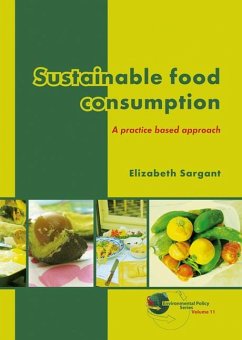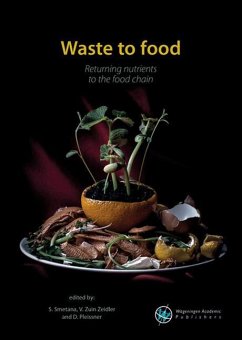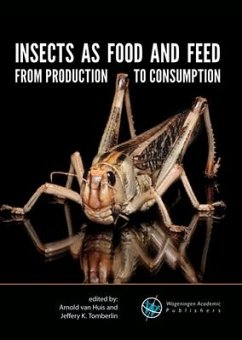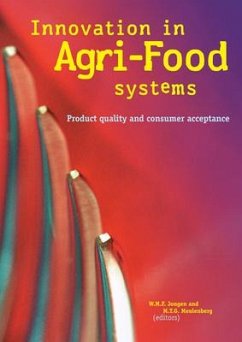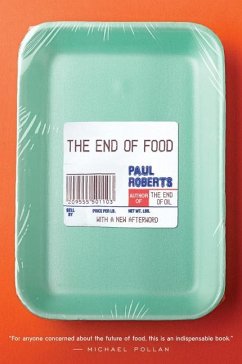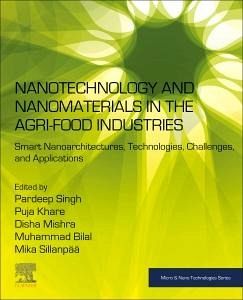
Nanotechnology and Nanomaterials in the Agri-Food Industries
Smart Nanoarchitectures, Technologies, Challenges, and Applications
Herausgeber: Singh, Pardeep; Sillanpää, Mika; Bilal, Muhammad; Mishra, Disha; Khare, Puja

PAYBACK Punkte
103 °P sammeln!
Nanotechnology and Nanomaterials in the Agri-Food Industries: Smart Nanoarchitectures, Technologies, Challenges, and Applications brings together the latest advances in the utilization of advances nanotechnology, nanoarchitectures, and nanomaterials in the agricultural and food sectors. The book begins by discussing recent trends towards sustainable synthesis and application, covering green nanomaterials and biodegradable nanomaterials and composites. Subsequent chapters focus on key application areas of engineered nanomaterials in both agriculture and food processing, such as crop production ...
Nanotechnology and Nanomaterials in the Agri-Food Industries: Smart Nanoarchitectures, Technologies, Challenges, and Applications brings together the latest advances in the utilization of advances nanotechnology, nanoarchitectures, and nanomaterials in the agricultural and food sectors. The book begins by discussing recent trends towards sustainable synthesis and application, covering green nanomaterials and biodegradable nanomaterials and composites. Subsequent chapters focus on key application areas of engineered nanomaterials in both agriculture and food processing, such as crop production and protection, delivery vehicles, detection of contaminants, nanobionic and genetic engineering in plants, active food packaging and preservation, enhanced food formulations and nutrients, nanoscale additives for freshness, and nanosensors. This is followed by a section that addresses key challenges relating to the application of nanostructures and nanodevices in these sectors, including global market considerations, health and environmental concerns, and intellectual property and socio-economic issues. Finally, policy implications and future perspective for the field are reviewed in detail.




